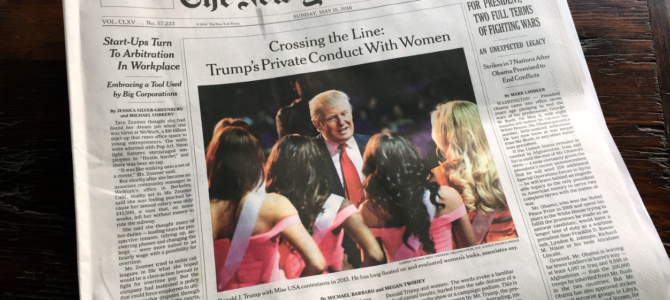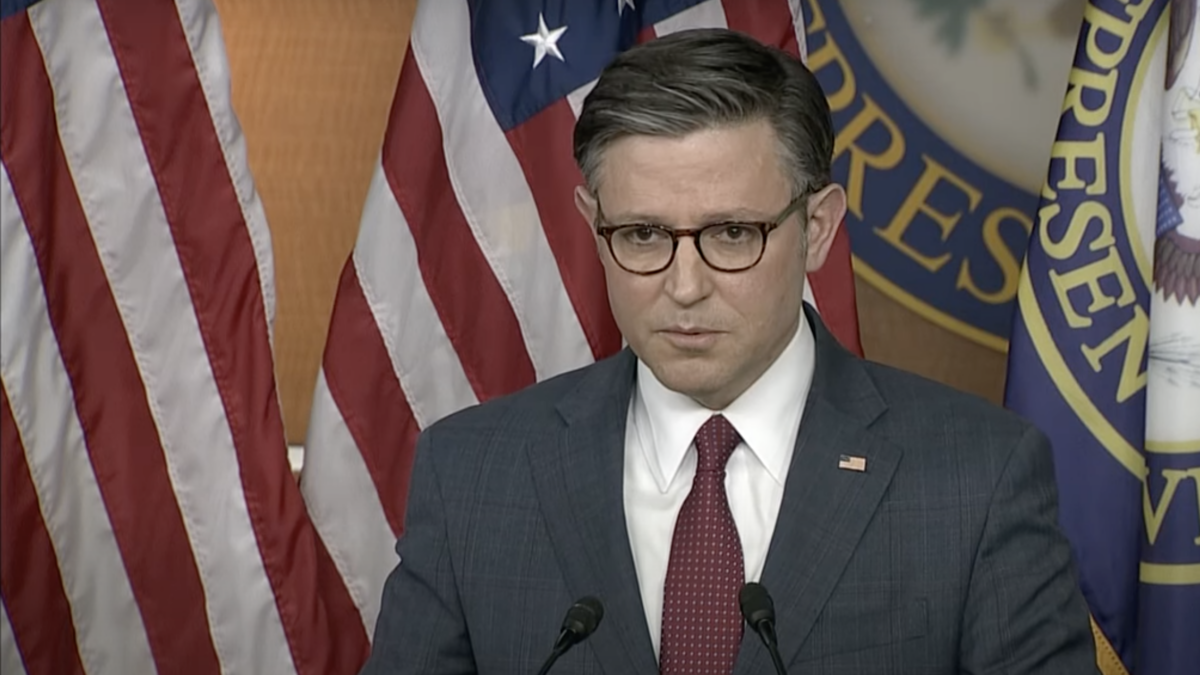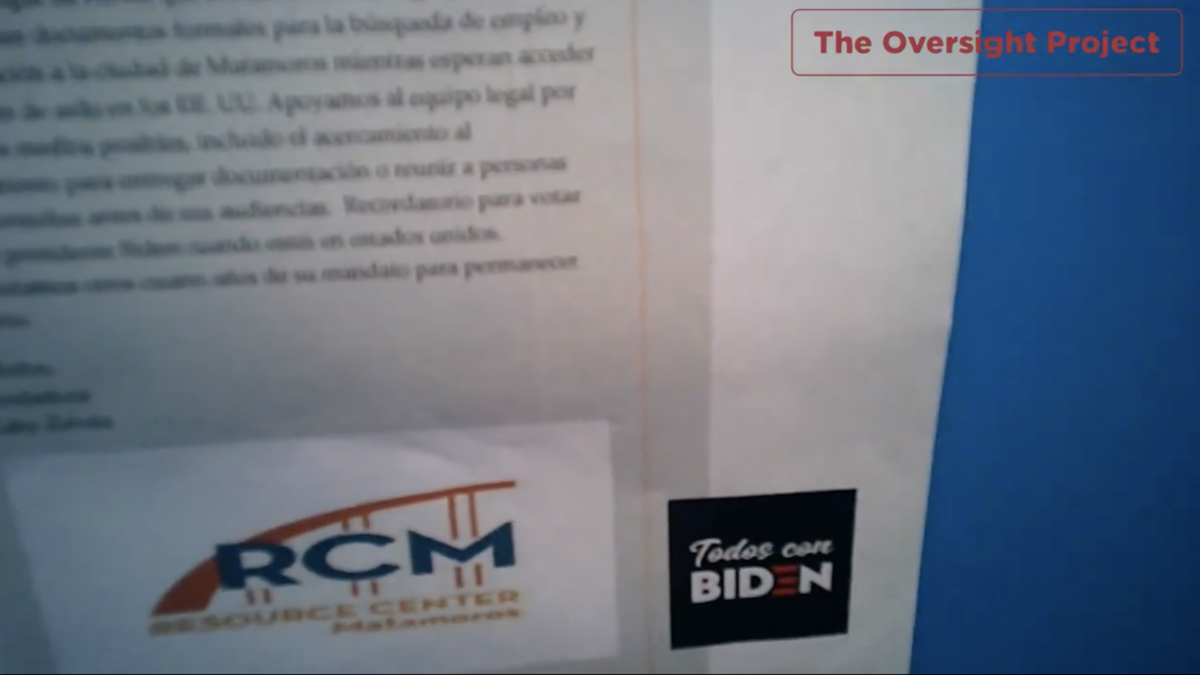
One problem in our politics today is the power imbalance between the left and the right. The left has immense cultural power in America, while the right has more political power (the presidency, the Senate, and the Supreme Court).
This has given rise to our current state of frenzied, over-the-top politics wherein everything the president says or does is blown up to apocalyptic proportions. On any given day, we have sundry media, entertainment, and political figures saying the president of the United States is a criminal, a foreign stooge, or Adolf Hitler. How crazy is this? It has also caught hapless voters unwillingly into this dysfunctional spectacle.
We’ve also seen the deep flaws of the left’s many institutions, such as legacy media outlets, academia, social media, the entertainment industry, tech giants, and publishing houses. They don’t play fair, are often intolerant and divisive, and will do anything for political power.
The Left Controls the Media Narrative
Let’s examine the ramifications of the left’s cultural power. The left often sets the narrative and the terms of the discourse. This can often profoundly affect voters’ minds and wills, which hasn’t been fully studied. These powerful forces of the left shape the way people think about climate change, immigration, religion, abortion, gender, racism, conservatives, conservative media, the Russia investigation, and everything else.
The left’s powerful platforms also possess a force-multiplying effect. For the politically tuned-in voter, what you hear and read on issues several times a week from multiple outlets — CNN, the New York Times, Time magazine, The Atlantic, late-night comedy, and more — is often repetitive and has the effect of cementing viewpoints in voters’ minds. The net effect on voters, especially younger ones, can be profound. It influences not only their viewpoints on issues, but even more importantly how they think.
The impact of the left’s political conditioning on new immigrants also can’t be overstated enough. Newly arrived immigrants who are trying to learn about the politics of their new country are profoundly influenced. I know because, as an immigrant, several years of watching and reading CNN, MSNBC, the New York Times, and Time guided me in my early years here to think a certain way about issues.
Through news, opinion, comedy, and entertainment, I was gradually conditioned to think religion is regressive, it’s okay to mock religious Americans (especially Christians), conservative voters are backward, and the Democratic Party is the righteous party. Some of the entertainment and opinion shows I mindlessly consumed also gradually trained me to think of feminism, sexual morality, and traditional mores differently from how I was raised.
The other thing the left does through all its influencing platforms is to paint all conservative thought as “right-wing” or “far-right” and, especially in the Trump era, as “conspiracy theory.” Doing so means they don’t actually have to engage with the ideas, but just dismiss them outright.
Admittedly, some of this used to cause me cognitive dissonance. But in 2016, I fully realized how the corporate media and all its surrogates operate. I finally came out of the “matrix.” Now I think for myself on everything, which is liberating, and I would especially urge liberal voters to do the same.
One could argue conservative media does the same to its viewers, but its reach isn’t nearly as influential as liberal media.
Americans Have Stopped Thinking Critically
Here’s Steven Sloman, a cognitive scientist, speaking in an interview with Vox.com on the forces that shape our thinking:
I really do believe that our attitudes are shaped much more by our social groups than they are by facts on the ground. We are not great reasoners. Most people don’t like to think at all, or like to think as little as possible. And by most, I mean roughly 70 percent of the population. Even the rest seem to devote a lot of their resources to justifying beliefs that they want to hold, as opposed to forming credible beliefs based only on fact (emphasis mine).
Think about if you were to utter a fact that contradicted the opinions of the majority of those in your social group. You pay a price for that. If I said I voted for Trump, most of my academic colleagues would think I’m crazy. They wouldn’t talk to me. That’s how social pressure influences our epistemological commitments, and it often does it in imperceptible ways.
For millions of Democrats, this power imbalance is especially a problem. They don’t realize the left is peddling to them an often distorted reality. They’ve learned to unquestioningly respect the left’s elites as the arbiters of truth and reality, and they often swallow the propaganda to their detriment.
This happened in the Jussie Smollett case, the Covington Catholic kids’ case, the Brett Kavanaugh hearings, the Russia investigation, Hillary Clinton’s email scandal, and more. This has been especially effective in the Russia investigation. Talk about distorted reality: Legacy media has been able to convince millions of Democrats the opposite of reality — that Trump colluded with Russia and won the election because of it and that he obstructed the subsequent Robert Mueller investigation.
Further, when the combined efforts of legacy media, academia, entertainment, and social media paint all conservative thought as “racist,” the net effect can be huge. An increasing number of voters are hesitant to talk about their political views or openly express support for President Trump. Many conservatives, independents, and even moderate Democrats find it hard to voice outside-the-liberal-orthodoxy opinions on gender, immigration, race, climate change, and a host of other sensitive topics.
Understand What’s Really Happening in the Culture
It is said politics is downstream of culture. But the culture you see play out on the air and digital waves, and especially on Twitter, is not the real culture; it is in some ways an artificial construct.
Some good things are happening. Due to the left’s gross over-reach, a growing number of Americans have realized the problems with legacy media and the left’s opinion- and king-makers. When Bernie Sanders threw a shot at the Washington Post recently and derided corporate media, it signaled that a percentage of progressives have realized the problems with agenda-driven media narratives.
One good thing in the Trump era is the rise of alternative media that has acted as an important pushback to the left’s cultural power. Websites such as this one and others have been successful in challenging the narratives the left has peddled as fact.
American politics would be infinitely more peaceful and less divisive if it weren’t for the left’s cultural power. Most Americans in the vast middle may disagree on issues but are, in general, reasonable, fair-minded people who are better than the left’s portrayal of the country and its people.









